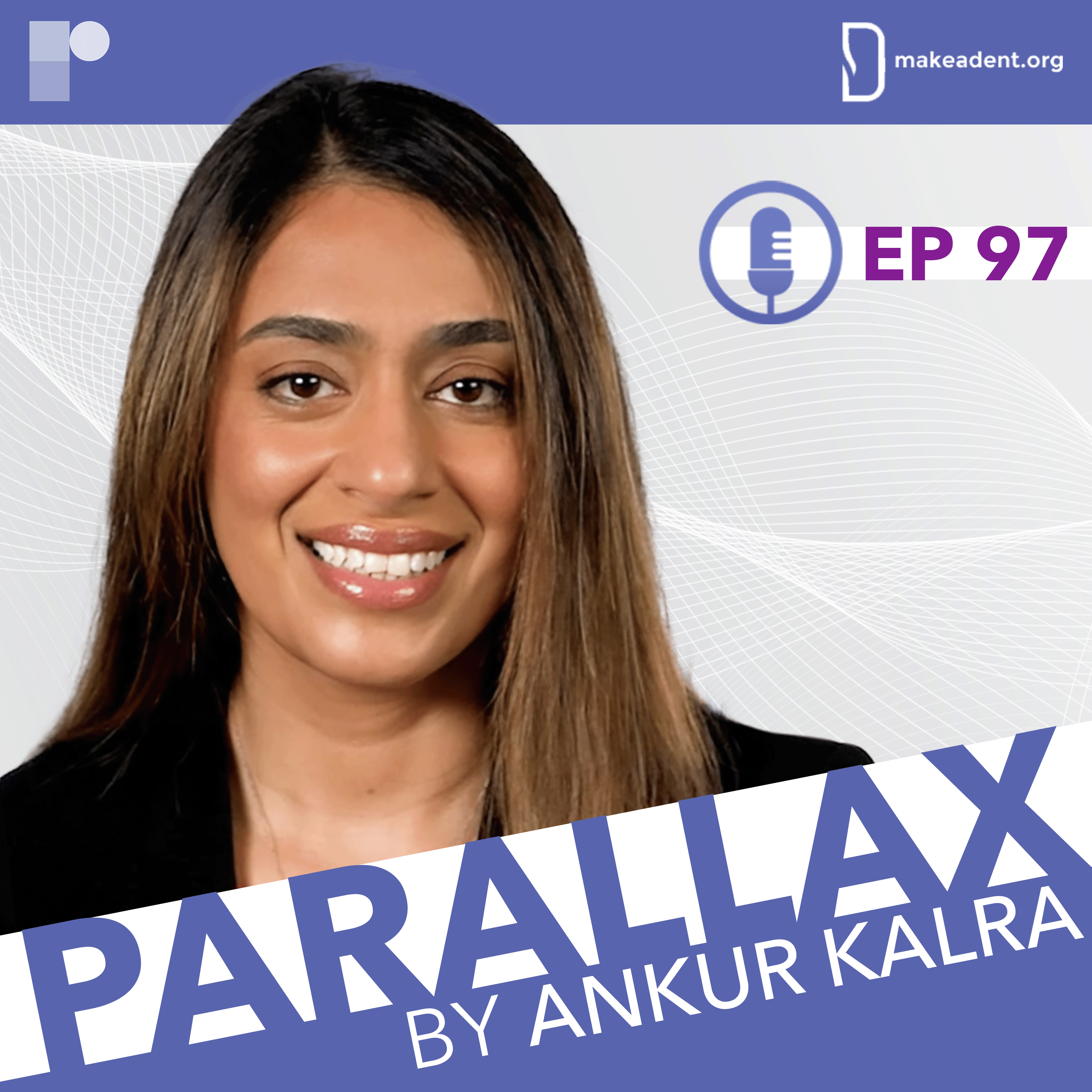
In the finale of our series "Conversations about Hypertrophic Cardiomyopathy", Dr Ankur Kalra welcomes, Dr Anjali Tiku Owens, for a dynamic and practical discussion.
Dr Owens is Medical Director of the Center for Inherited Cardiac Disease and Associate Professor of Medicine at the Hospital of the University of Pennsylvania.
This series is supported by an unrestricted educational grant from Bristol Myers Squibb. Please see www.camzyosrems.com for important safety information.
In this week’s episode, Dr Kalra and Dr Owens take us on a journey through the complexities of hypertrophic cardiomyopathy (HCM), with focus on the diagnostic challenges and breakthroughs in this field.
Emphasising with the critical importance of making accurate diagnoses, Dr Owens shares her insights into identifying the common mimickers of HCM through a structured approach starting with taking the patients history.
As the conversation delves deeper, Dr Owens discusses the various diagnostic tools and tests used to rule out other conditions and uncover the underlying aetiology. She navigates us through the algorithm for interpreting genetic test results, differentiating pathogenic variants, benign variants and variants of uncertain significance (VUS). Dr Owens talks about the wider implications for family members and the cases in which she recommends screening.
Dr Kalra asks Dr Owens about her approach to exercise in HCM patients. Additionally, they cover the debated topic of defibrillator therapy and the use of HCM Risk-SCD risk calculator.
Dr Owens provides an overview of the treatment paradigms for HCM, touching on haemodynamic classifications, symptomatology and the evaluation of sudden death risk.
What are the most common mimickers of HCM? What is Dr Owens and her heart team approach to decision making? What is the role of genetic testing in patients with HCM?
This content is intended for US-based physicians.
This series is supported by an unrestricted educational grant from Bristol Myers Squibb.

As we adapt to the changes brought about by the pandemic, Dr Singh outlines the necessary steps to foster a reality in which we can utilize these technologies to create more time for human connection.




What is the Global Cardiology University project? How does Dr Anavekar encourage trainees to re-examine their role in patient care? What is his advice to our listeners?

As Dr Kalra asks Dr Rao about the ways in which early career faculty members can get involved with the organization at a state level. Dr Rao shares his insider tips and highlights key events where individuals can further their participation.
How can you get involved with your local ACC chapter? How can you improve your leadership skills? What is Dr Rao’s advice for our listeners?

He explains how the complexity of nutrition and the compounds generated by the gut microbiome can impact our health. We learn more about three compounds produced by our gut microbiome that have a strong connection with heart disease.
Through this conversation, Dr Vuyisich invites us to reframe our approach to nutrition and prevention as a question of food education and data-driven science.





